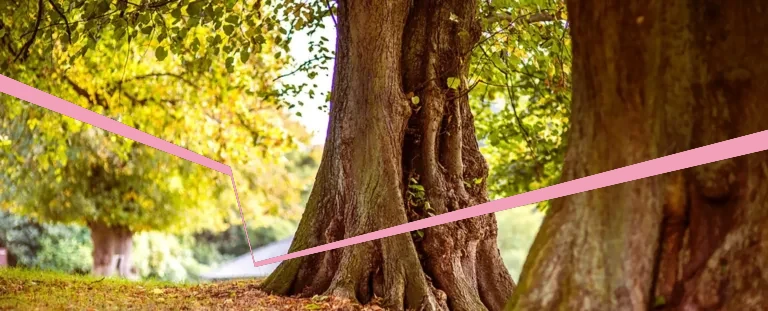A client intends to buy a property subject to a Tree Preservation Order (TPO) relating to two beech trees.
Those trees are not evident at the property and the seller has not removed them. Can a successor in title be prosecuted for breach of the TPO simply for the fact the trees have been removed without permission by a predecessor in title?
Lodders’ Real Estate partner, Alastair Frew, explains.
Criminal liability is strict for breach of a Tree Preservation Order; however, the general rule is that the liability does not pass to successors in title. As a precaution, it is advised that the details of each individual case are checked carefully.
In this case, the protected trees are not evident on the property. It is first worth checking with the local planning authority’s (LPA) tree officer that the TPO is, in fact, correct and that the trees were indeed on this property. Just by looking at the layout of the garden may reveal whether two substantial trees had, in the recent past, been removed.
Is it a criminal offence?
It is a criminal offence to cut down a protected tree without consent from the local authority. Perhaps the predecessor, in this case, obtained consent?
However, the guidance note: Works to trees, tree preservation orders and trees in conservation areas explains that no consent is required to cut down (or indeed to lop, top or uproot) a protected tree which is dying or dead, or has become dangerous. The protection of the tree is therefore secondary to the safety of the public according to the case Maidstone Borough Council v Mortimer [1980] 3 All ER 552.
Who is liable?
If these protected trees were cut down without consent, and without them being dangerous, then a criminal offence has been committed. The liability for this offence is strict, so the person who cut them down is liable to be prosecuted. In the case of Maidstone Borough Council v Mortimer, a professional tree feller was held liable for cutting down a protected oak tree; even though they did not know it was protected. Liability is strict and carries fines of up to £20,000. Unlimited fines can be handed down in the Crown Court, in the event of serious breaches.
This criminal liability does not pass to successors.
Ongoing liability
The landowner does, however, have an ongoing liability to replace the protected trees. So, in this case, the vendor must replant the two beech trees. If the sale proceeds, the liability to replant will pass to the buyer but the criminal liability for felling the beech trees does not. If the trees are not replanted, the LPA can serve notice on the landowner requiring this to be done. The buyer should, therefore, make specific enquiry to see if any such notice has been served.
Planning permission
One other angle for the buyer to consider is that of planning permission. If the trees were felled in the carrying out of planning permission, and that felling was necessary for the implementation of the specific planning permission, then no offence has occurred and no replanting is required. The protected trees should be highlighted on the planning application drawings. However, note that planning permission might include specific conditions relating to planting or replacing trees.
This article was first published by LexisNexis.
Contact usContact us
Need more advice?
For help with a legal problem or more information on any of our services at Lodders, please get in touch with our friendly team. You can contact us via the number or email address below, or fill in the form and we will get back to you as quickly as we can.

Contact a member of the team
Read more
Other news, insights and events








